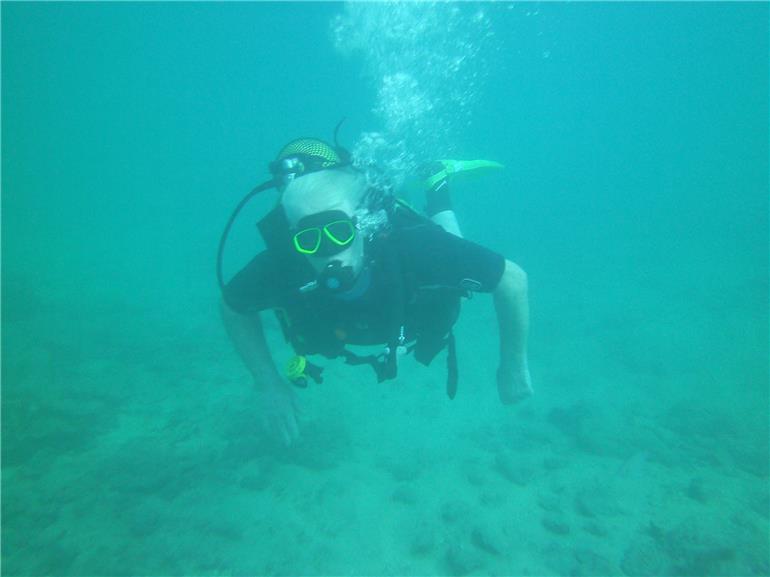I am a 73 year old man that smokes about 10 or 12 cigarettes a day has a DVT in the back of my left knee, I have just 12 week ago had a replacement left hip, I am on Warfarin 7 mg in week & 8 mg on Sunday, last year I acquired my Padi diving license for 12 mtr, this year later on I was going to go for my 18 mtr open water license.
Two weeks before my Op a doctor did a check on the blood clot, he seemed to think it was an old clot, he showed me on his laptop the difference between my good leg & bad leg, two weeks after the op he did a post op check and he thought the clot was going down slightly, again he showed my on the laptop and I could see a difference, I have requested from my hospital a re check of the clot and see what is happening.
Do you think I would be OK to dive or not, my health is very good, heart & lungs OK for my age, I have been told not to stop smoking but to cut down.
Eight years ago I had a abscess on my spine which has left me with pain in my toes but that is all.

